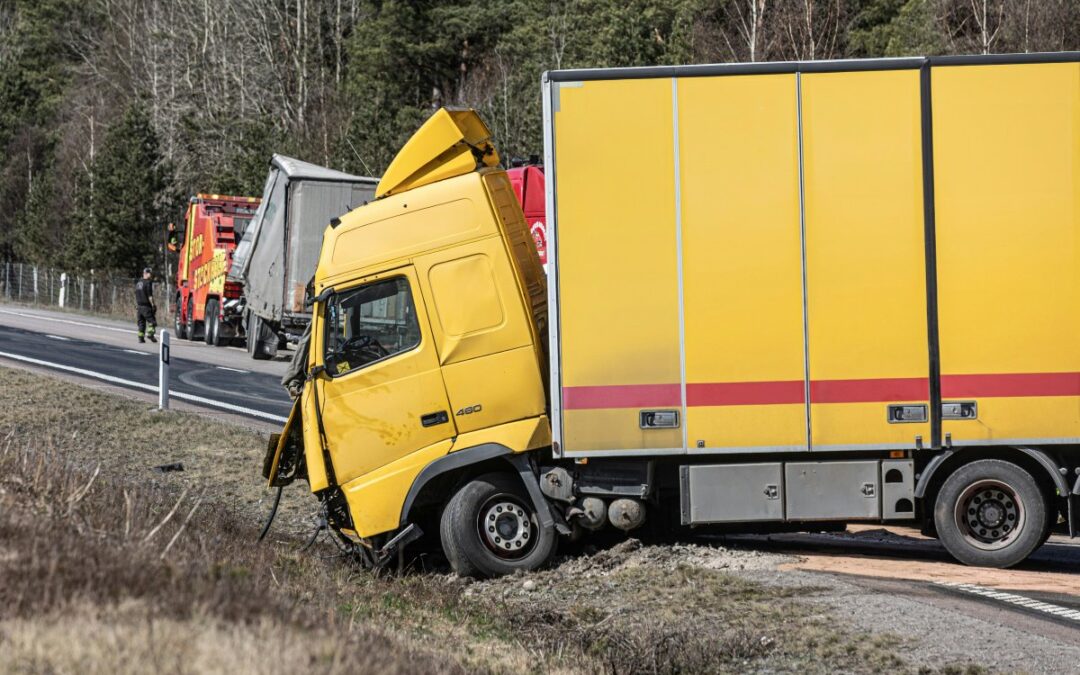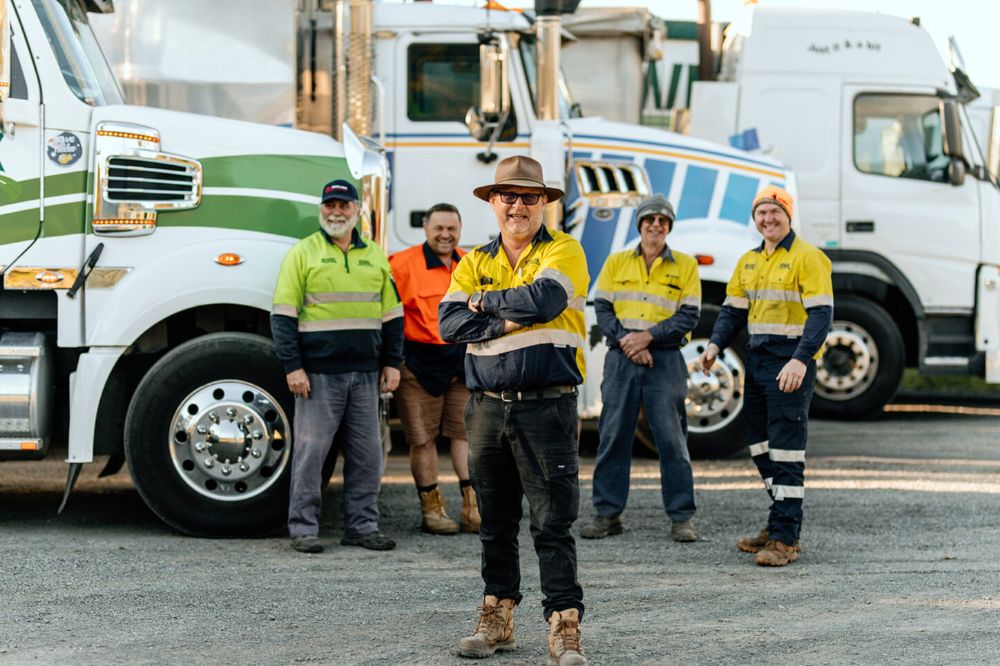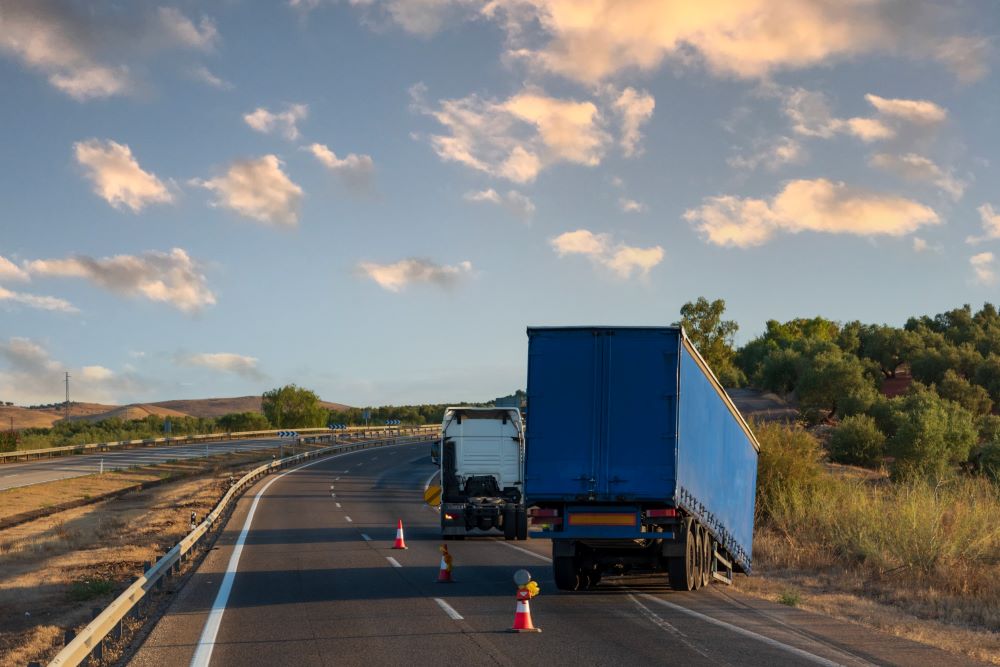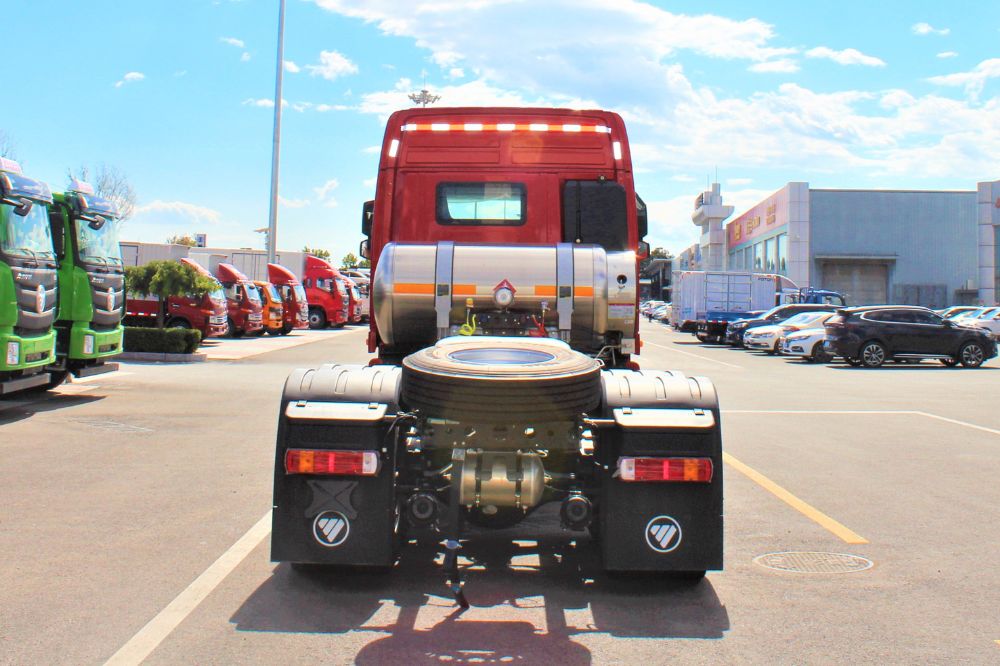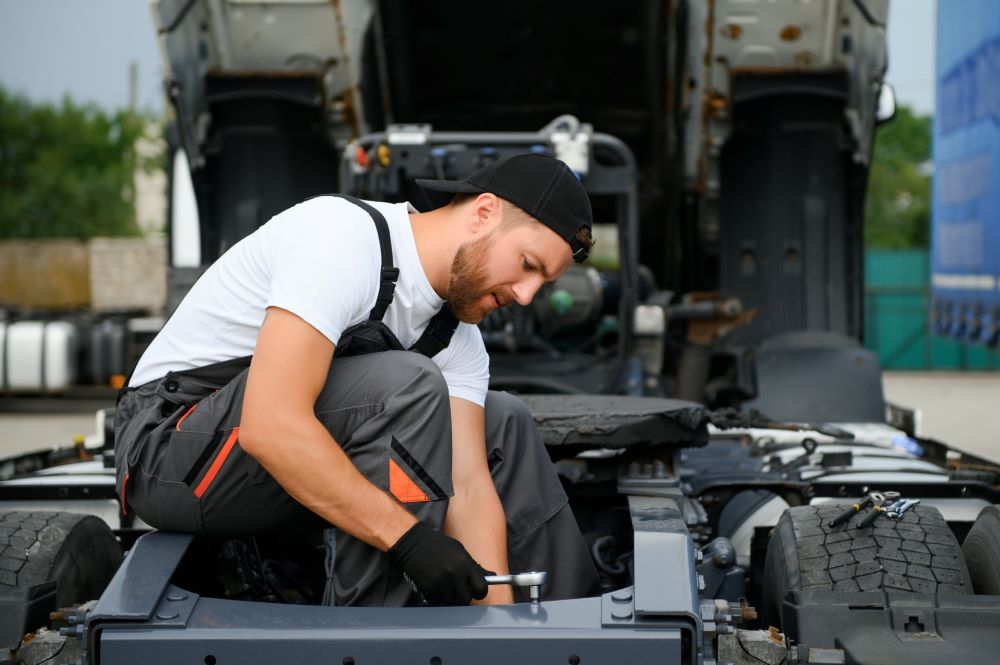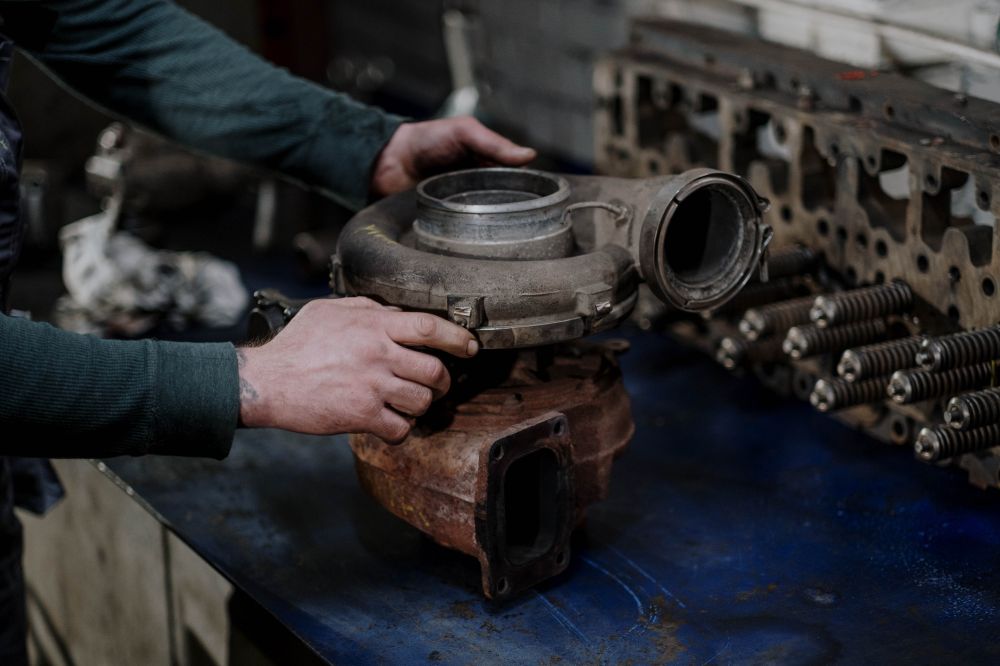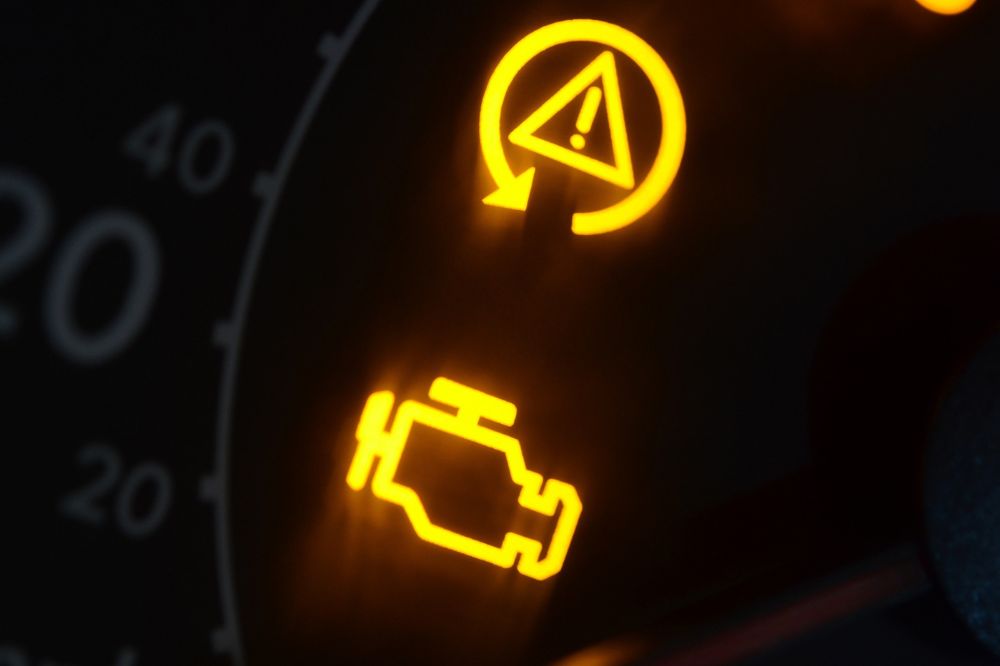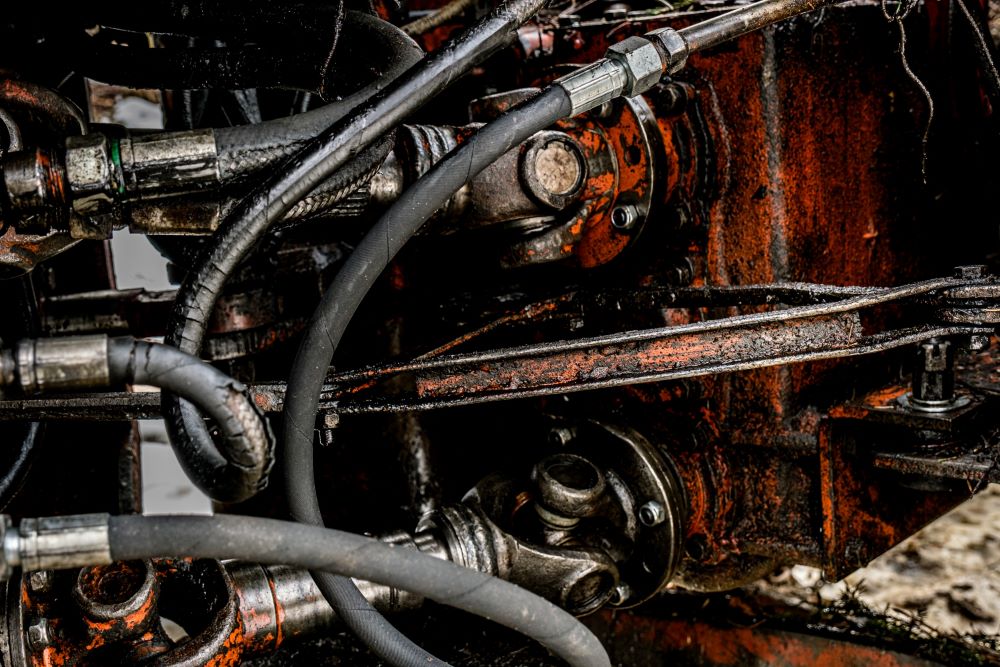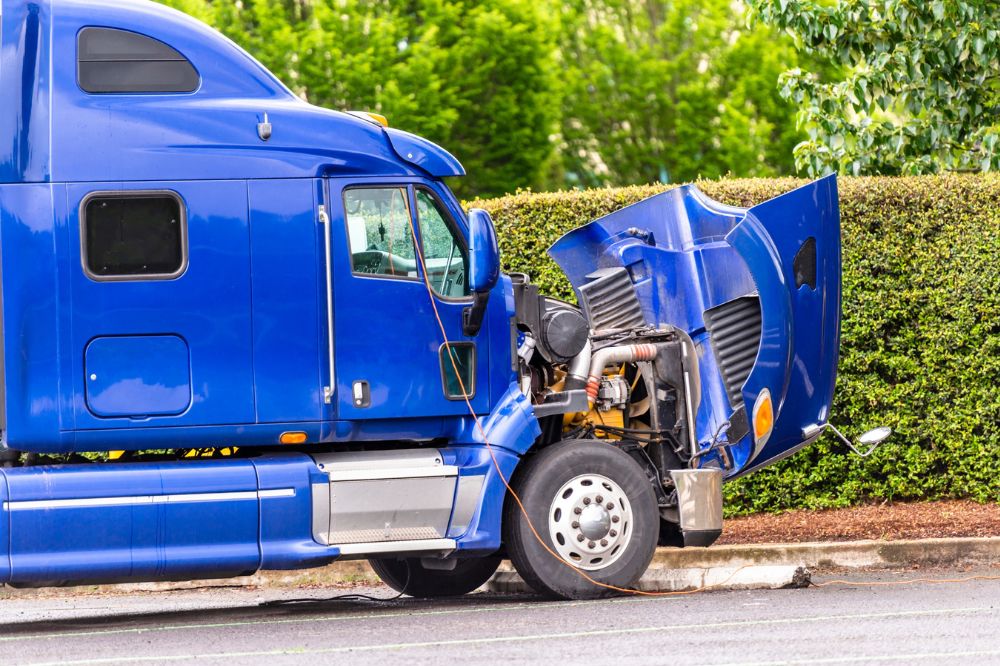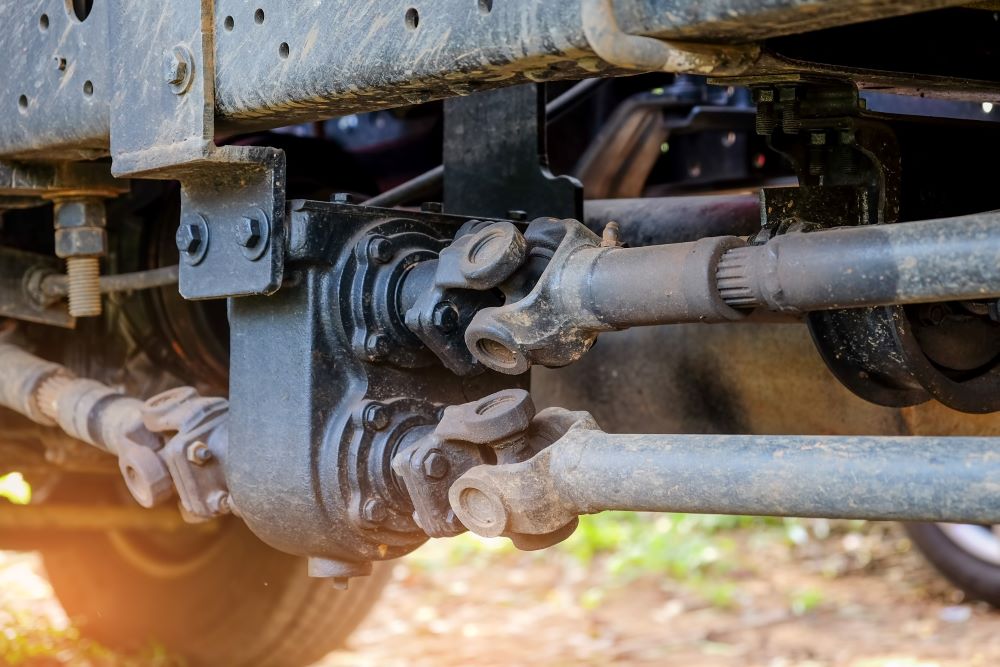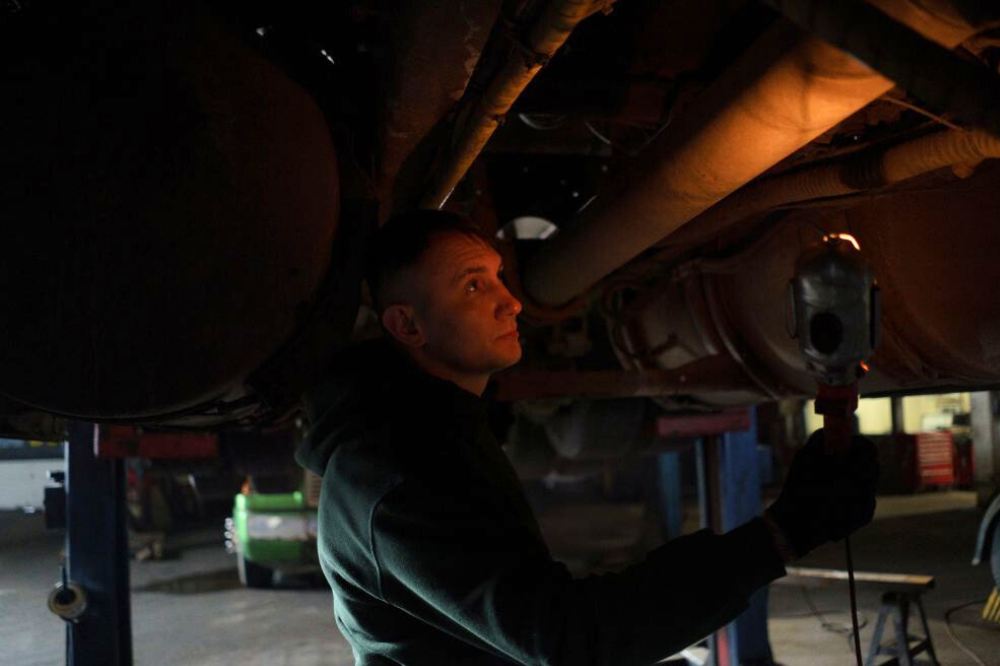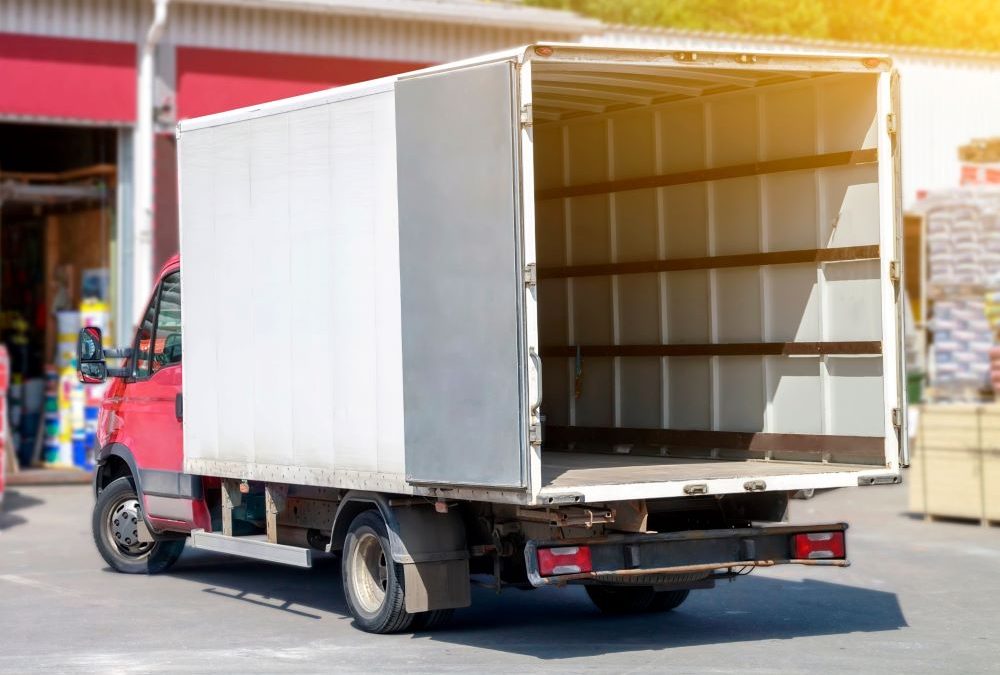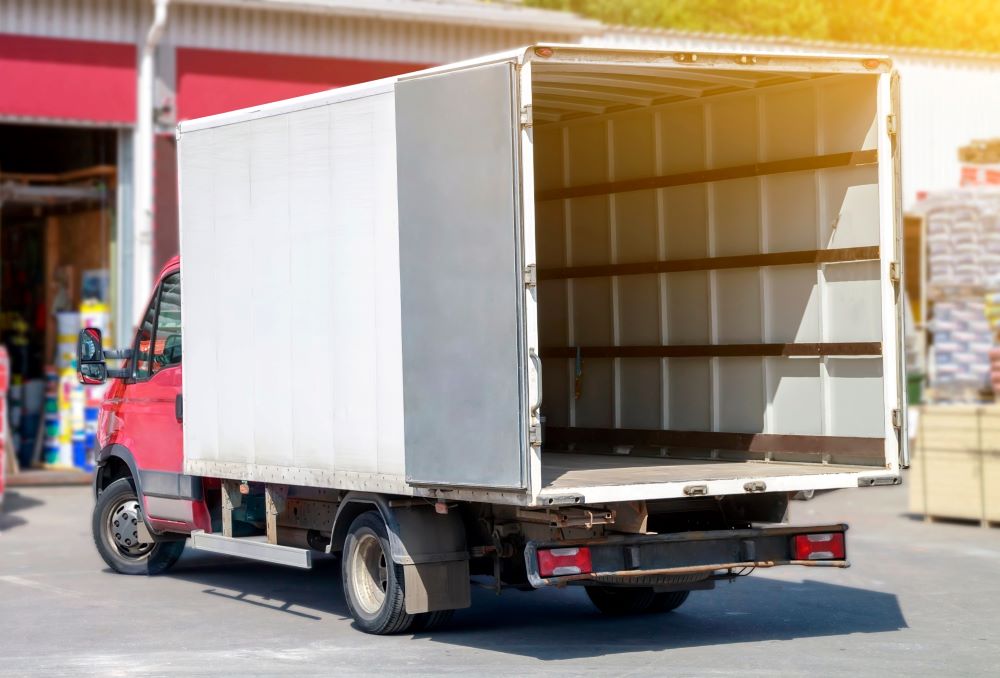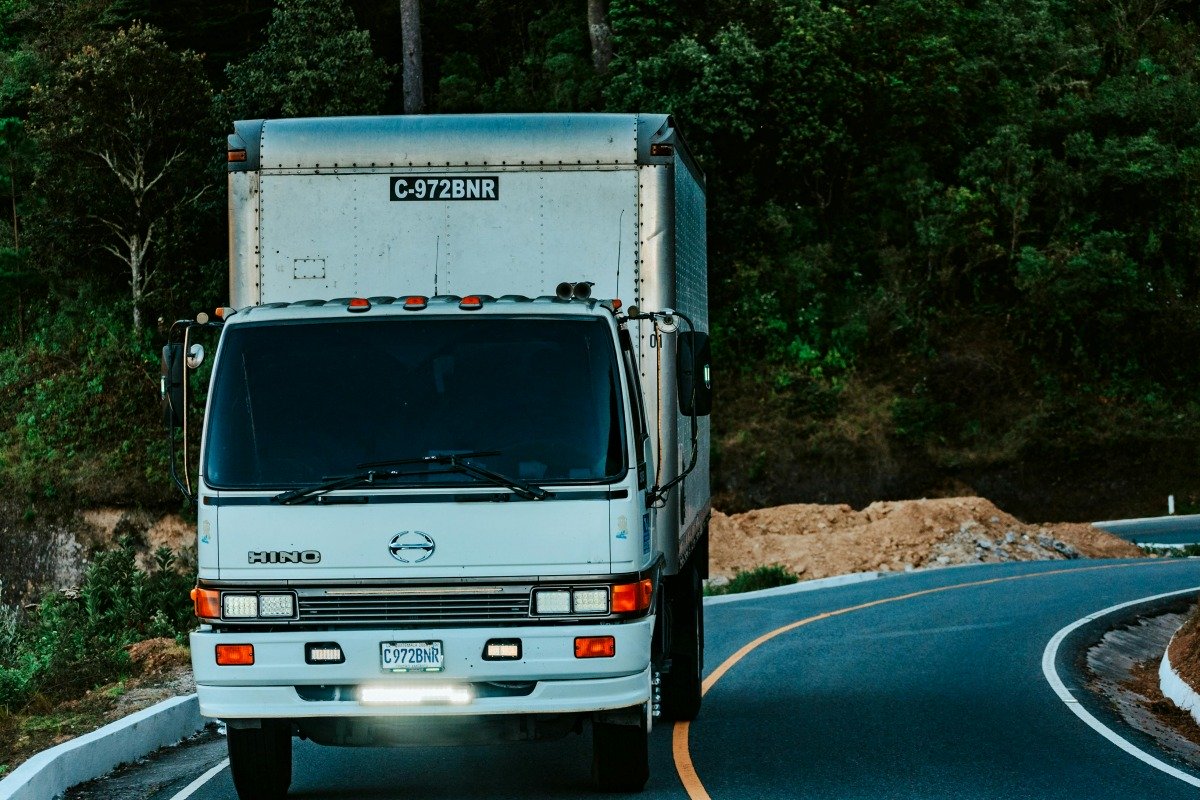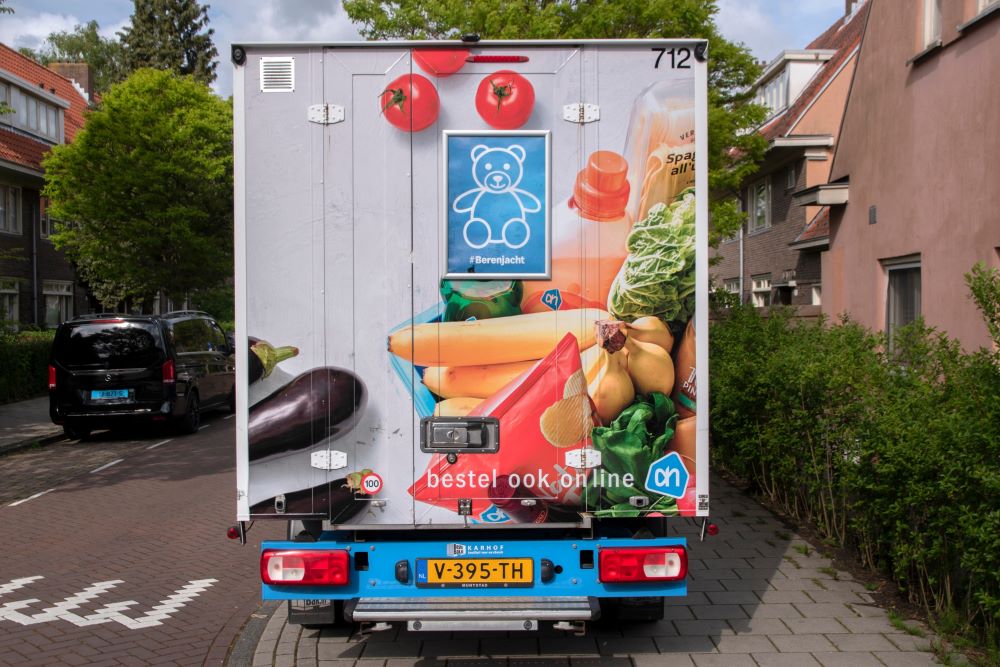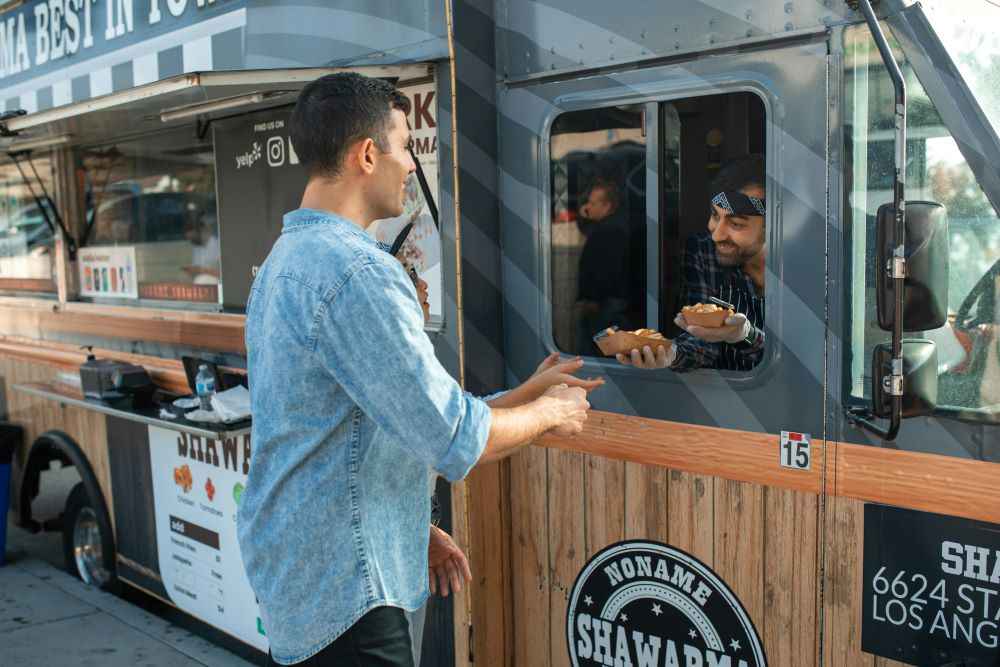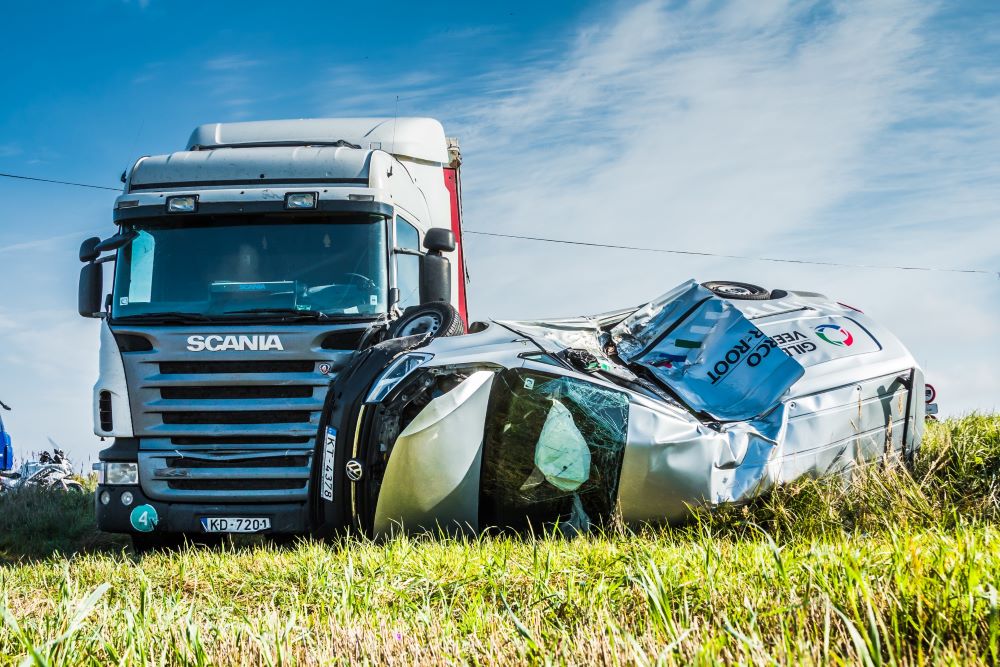
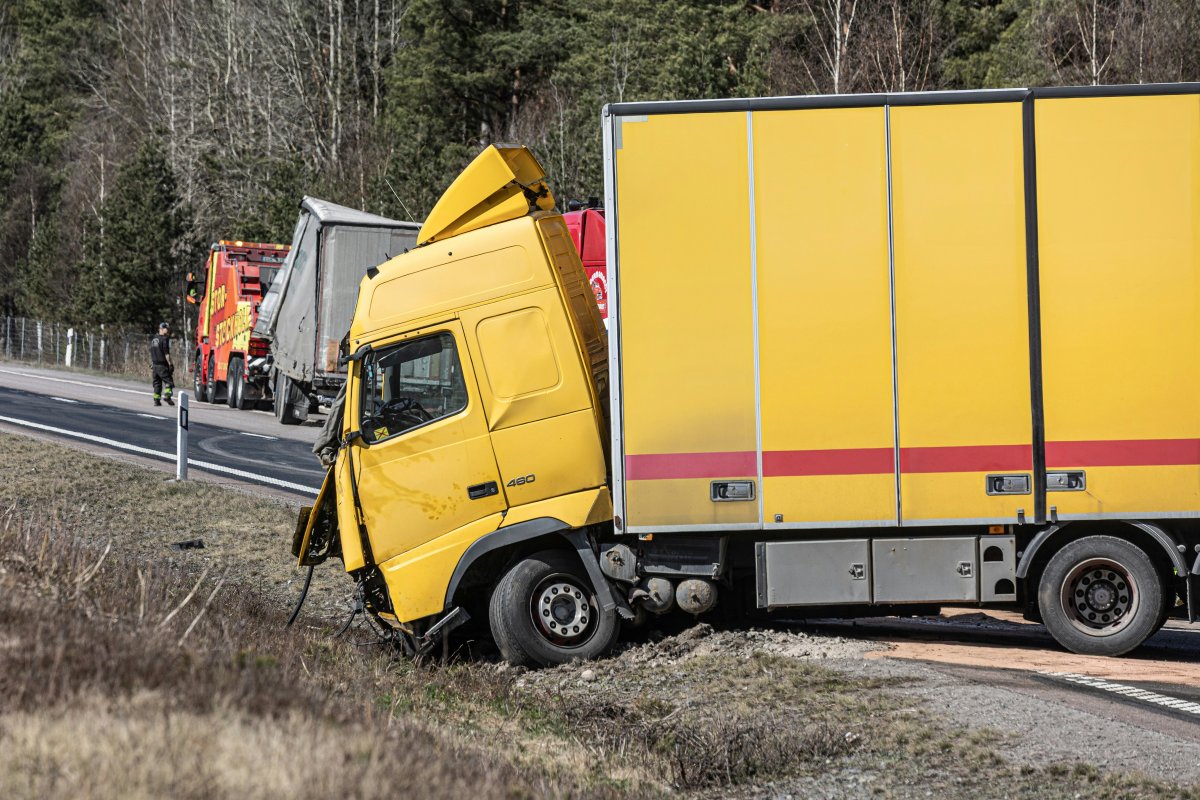
If you’re involved in a commercial vehicle accident, chances are you’ll have a lot of unexpected expenses to deal with. This is where a commercial vehicle accident loan becomes incredibly valuable.
These vehicle accident loans help you by providing pre-settlement funding, which can cover any immediate expenses from the accident. Let’s explore this in more detail in the guide below.
Understanding Commercial Auto Accident Loans (Legal Funding)
Commercial auto accident loans, also known as legal funding or car accident loans, provide financial assistance to people involved in commercial auto accidents.
When you’re in a commercial auto accident, the costs can quickly add up – including medical bills and lost wages if you can’t work. These loans can help cover your expenses during this tough time. They’re designed to provide immediate financial relief, allowing you to manage your bills and daily expenses while you focus on recovery.
In many cases, people will take out a car accident loan to help see them through while waiting for a car accident settlement from the insurance company.
Consequences of Tractor-Trailer Injuries
Car accident settlement loans exist because occurrences like tractor-trailer injuries can have major consequences.
Because of the size and weight of tractor trailers, accidents involving them often result in severe injuries, including broken bones, spinal cord injuries, and traumatic brain injuries. These injuries can lead to long-term physical and emotional challenges, impacting a person’s ability to work and perform daily activities.
Medical bills can quickly accumulate, causing financial strain. In some cases, victims may require ongoing medical treatment and rehabilitation, further adding to the financial burden.
The psychological toll of these injuries can also be substantial, affecting one’s mental well-being and quality of life.
This is why it’s crucial for anyone injured in tractor-trailer accidents to seek proper medical care and legal assistance to address their physical, emotional, and financial needs. Car accident claims from a personal injury lawsuit can cover these expenses, while a car accident loan can provide immediate relief.

Are Commercial Accident Loans Actually Loans?
Commercial accident loans are not actually loans in the traditional sense. Instead, they’re types of cash advances provided based on the potential car accident settlement from the case.
This means that repayment is based on the existence of a car accident settlement. If there is no settlement, there is no obligation to repay the borrowed amount.
While it’s called a car accident loan for convenience, it doesn’t fall under lending laws, as it doesn’t involve typical loan agreements or repayment terms. It’s more of a pre-settlement car accident payment as a cash advance than it is a loan.
How Exactly Will A Commercial Accident Loan Help Me?
Taking out a car accident settlement loan can provide a valuable cash advance for some of the biggest areas impacted by an accident.
Medical Expenses
A car accident loan can help cover your medical expenses, including hospital bills, medications, and rehabilitation costs. This financial support allows you to focus on your recovery without worrying about the burden of healthcare expenses.
Mortgage or Rent Payments
In the aftermath of an accident, a car accident loan can help with paying your mortgage or rent payments. This ensures that you can maintain stability in your housing situation during your recovery period – something that’s important if the accident puts you out of work.
School or Tuition Fees
Another benefit of a car accident loan is that it can help to cover school or tuition fees. Whether it’s for yourself or your dependents, this financial assistance ensures that education remains uninterrupted despite the accident’s impact on your finances.
How Do I Qualify for Legal Funding?
If you’ve been involved in a commercial accident, then securing a car accident settlement loan can also help you get funding for your legal needs. This is important to ensure you get the legal representation you deserve in a car accident lawsuit.
Qualifying for legal funding for a car accident lawsuit generally involves three key areas.

Liability
To qualify for legal funding, it’s essential to establish liability – meaning that someone else’s negligence led to the commercial vehicle accident that you were involved in. This can involve proving that the other party breached their duty of care, resulting in the accident and your injuries.
Insurance
Another crucial factor in qualifying for legal funding is having proper commercial truck insurance coverage from the right insurance company.
Legal funding providers often rely on the potential for a settlement or judgment to recover their funds. Therefore, it’s necessary to have coverage from an insurance company that can compensate for the damages resulting from the accident.
Damages
To qualify for legal funding, the damages resulting from the accident must be substantial enough to warrant legal action and potential compensation.
These damages from a car accident claim could include medical expenses, lost wages, property damage, and pain and suffering. Providing evidence of these damages is essential in showing the need for financial assistance through a lawsuit loan.
How Can I Use Legal Funding for My Truck Accident?
Car accident loans and legal funding can be incredibly valuable in navigating the aftermath of a truck accident. Here are some of the main ways that a car accident lawsuit loan, or legal funding, can help you.
Covering Immediate Expenses
One way to use legal funding is to cover immediate expenses resulting from the truck accident. This can include medical bills, vehicle repairs, and other out-of-pocket costs incurred as a direct result of the accident.
Having this available as a cash advance through car accident lawsuit funding ensures your life keeps on moving without interruption.
Replacing Lost Income
If your injuries from the truck accident prevent you from working, legal funding can help replace lost income during your recovery period.

Hiring Legal Representation
Legal funding can also be used to hire a commercial vehicle accident lawyer to advocate for your rights and pursue compensation on your behalf.
This includes hiring a skilled attorney who can thoroughly investigate the accident, gather evidence, negotiate with insurance companies, and represent you in court.
Peace of Mind
Overall, legal funding provides peace of mind during a stressful and uncertain time.
By alleviating the immediate financial strain and providing the resources needed to pursue your case, legal funding allows you to focus on your recovery and achieve a fair outcome in your truck accident claim.
Is Getting a Commercial Accident Settlement Loan the Right Move for Me?
Deciding whether to go for car accident loans depends on your individual circumstances. If you’re facing financial strain from the accident, car accident loans can provide much-needed relief by covering these expenses upfront.
However, it’s essential to understand how car accident loans work and to ensure a pre-settlement car accident loan is possible based on your specific situation.
Final Thoughts
Auto accident settlement loans are always worth considering if you can secure them. Unlike traditional loans, they shouldn’t involve financial risk. When properly managed, a car accident cash advance can offer much-needed financial assistance to help you deal with the aftermath of the accident and see you through car accident lawsuits – which can be an expensive process.
Looking to purchase a new commercial vehicle after an accident? Then getting the right vehicle funding is essential. Speak to us at Mission Financial to see just how easy it is to get funding for your new semi-truck.

